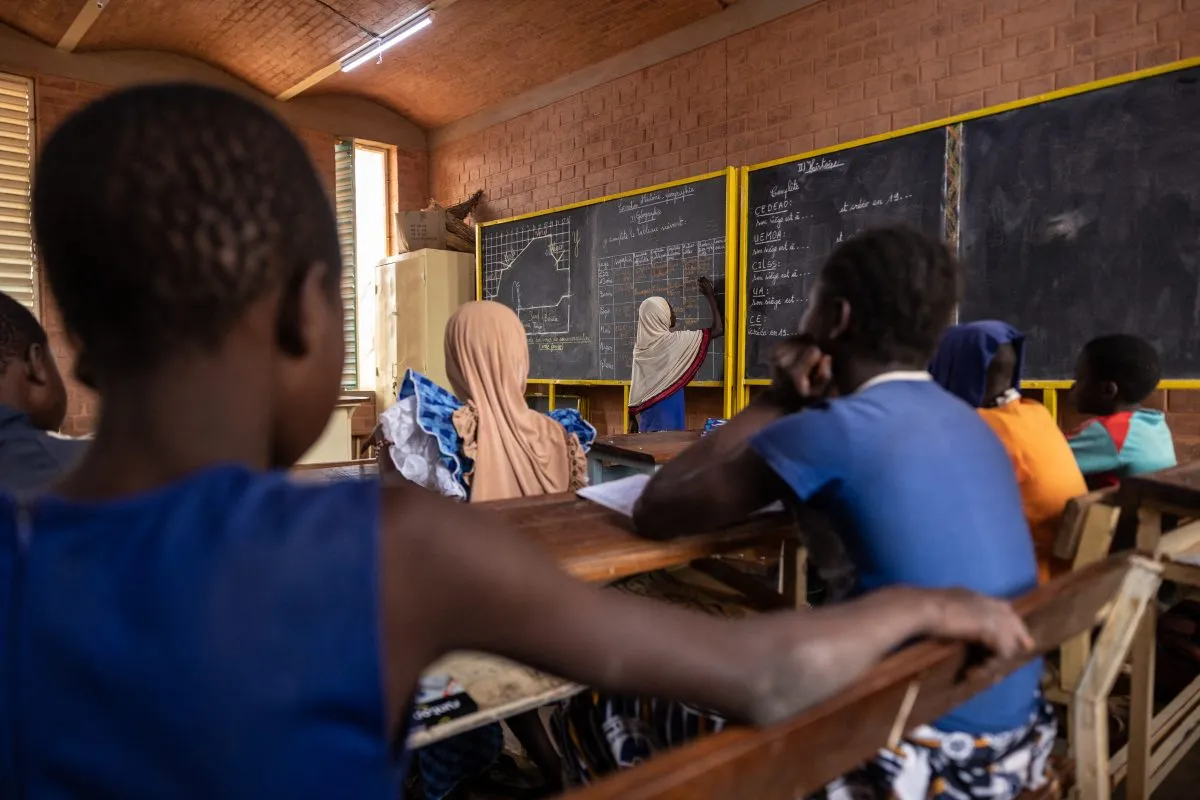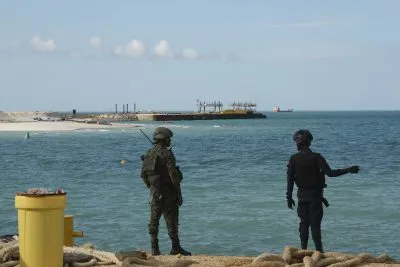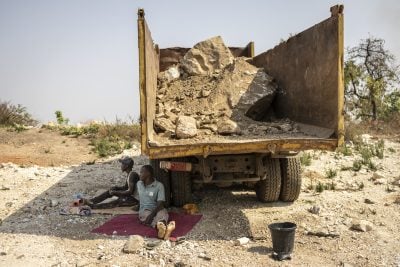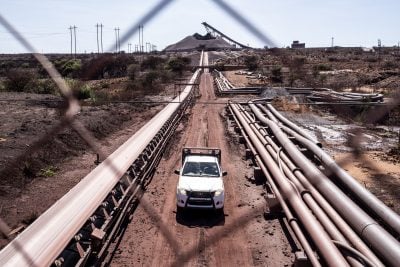As we celebrate World Environment Day, it’s essential to reflect on the past year and confront the environmental challenges ahead. Climate change isn’t a distant threat; it’s a pressing reality demanding immediate, coordinated action.
In Nigeria, the effects of climate change are undeniable. Escalating temperatures, erratic rainfall, and extreme weather events have become our new normal. For regions like Taraba, this translates to severe flooding, land degradation, and desertification, devastating livelihoods and displacing communities.
The impact on agriculture, a critical sector of our economy, is particularly alarming. This not only cuts into farmers’ incomes but also disrupts food supply chains, driving up food prices and exacerbating food insecurity. Beyond the physical and economic damages, long-term health consequences loom large, and community displacement worsens social vulnerabilities.
Reactive measures are no longer enough. We need a proactive approach that engages and empowers our communities through education. Education must be at the heart of our climate strategy.
In Taraba, education isn’t just a priority; it’s a necessity. It’s been the cornerstone of my government’s initiatives. One of my first actions as governor was to introduce free education for all state-owned primary and secondary schools. This initiative has boosted enrolment significantly, with a 34% increase in primary schools and a 62% increase in secondary schools this year alone.
Equipping our youth with knowledge and awareness of their environment is crucial. This empowers communities and secures their support in the fight against climate change. Involving future generations allows us to develop tailored solutions for our regions in the global South. The innovators of tomorrow need to build their climate-consciousness today. We must cultivate internal talent and ensure they grasp the seriousness of climate change to foster sustainable behaviors and solutions.
In Taraba, we’re raising awareness about the link between human activities and climate change. In 2010, the state had 1.64 million hectares of natural forest, extending over 27% of its land area. In 2023, it lost 20.7 km hectares of natural forest, equivalent to 6.91 Mt of CO₂ emissions. To address the issue, we’ve launched educational campaigns to help people of all ages understand how deforestation, pollution, and unsustainable agricultural practices contribute to global warming. By fostering a deeper understanding, we can promote more environmentally conscious behaviours and support effective climate policies.
As governor, I’m committed to leading these efforts in our state. However, addressing climate change is a global responsibility, and so is educating the next generations.
Nelson Mandela once said, “Education is the most powerful weapon which you can use to change the world.” On this World Environment Day, let’s recognise the importance of strengthening cooperation at regional, national, and international levels. Developing countries need the tools and support to invest in education and take a long-term view. Let’s commit to making education the cornerstone of our efforts to build a sustainable and resilient world for the sake of our planet and future generations.
Want to continue reading? Subscribe today.
You've read all your free articles for this month! Subscribe now to enjoy full access to our content.
Digital Monthly
£8.00 / month
Receive full unlimited access to our articles, opinions, podcasts and more.
Digital Yearly
£70.00 / year
Our best value offer - save £26 and gain access to all of our digital content for an entire year!

 Sign in with Google
Sign in with Google 



